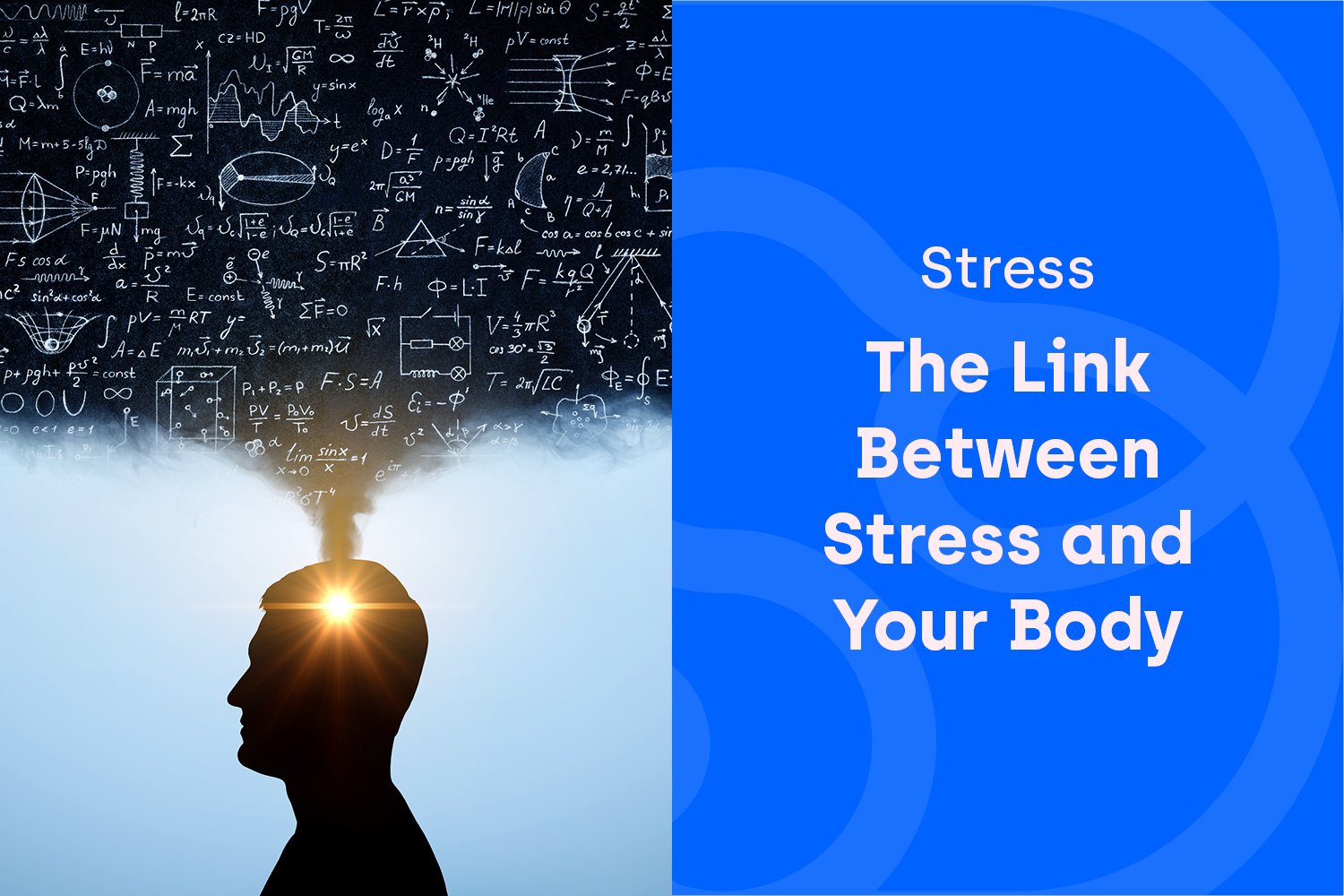
Stress is a normal part of life, but when it becomes constant, it can affect your physical health in many ways.
Understanding how stress interacts with the body can help you take simple, effective steps to reduce its impact.
When you feel stressed, your body releases hormones such as cortisol and adrenaline.
These prepare you to respond to immediate challenges by increasing heart rate, blood pressure, and breathing.
In short bursts, this response can be helpful. But when it’s triggered frequently over long periods, it may lead to fatigue, headaches, poor sleep, or digestive problems.
Stress can take different forms, and not all of it is harmful.
Short-term stress from a specific situation is called acute stress. It usually passes once the challenge is over.
Chronic stress lasts longer and may come from ongoing worries or responsibilities.
There’s also eustress, which is a positive form of stress that can help you stay alert and motivated. In contrast, distress is negative stress that may feel overwhelming or unmanageable.
You don’t need a complex routine. Small changes like stretching, walking, or enjoying a hobby can make a meaningful difference.
When you’re well-rested, your body has the chance to repair and recover.
Sleep plays an important role in reducing stress hormones and supporting your immune system.
Taking time to rest doesn’t just mean sleep; it also includes relaxing activities that allow your mind to pause.
You might find it helpful to:
If you’re feeling consistently stressed, speaking with someone you trust, such as a friend, counsellor, or health professional, can be a valuable step.
While you can’t remove all stress, you can reduce its impact by building small, manageable habits into your routine.
With regular support, rest, and activity, it’s possible to feel more in control and better able to respond to life’s challenges.
Branding & website design by theshapingbay.com